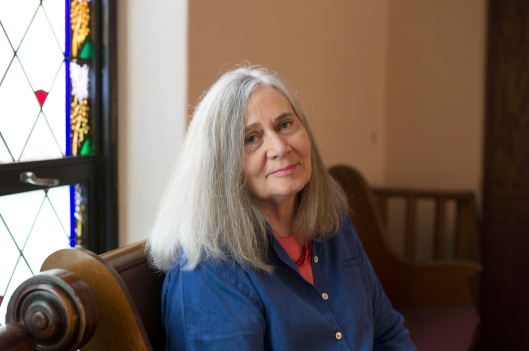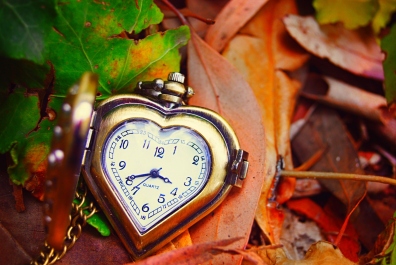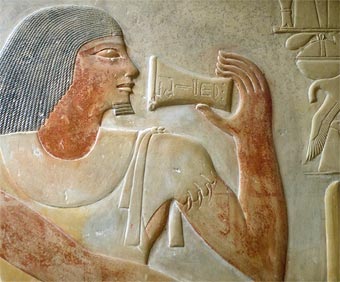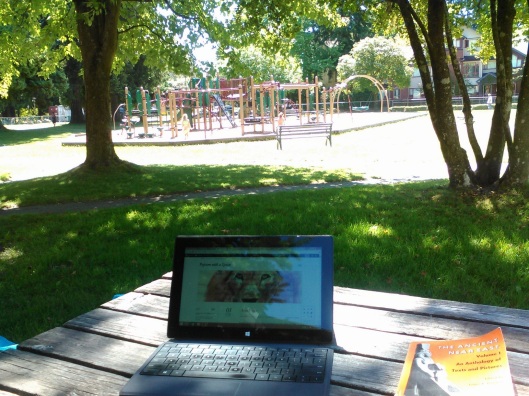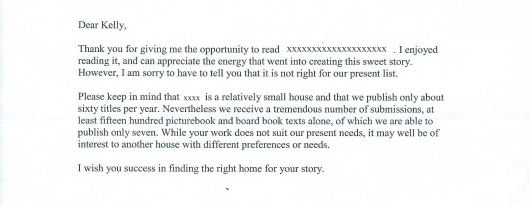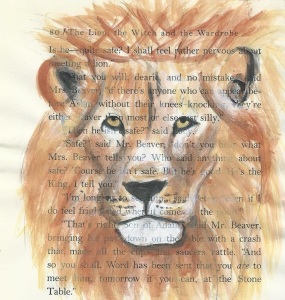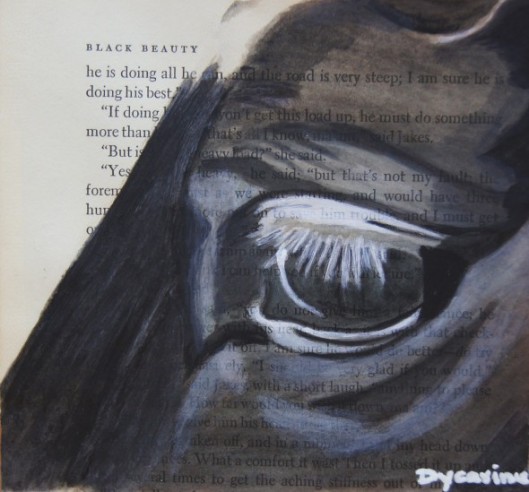It’s All Hallows’ Eve! No better time to share why Mary Shelley’s Frankenstein is among my favourite novels. You might be surprised…
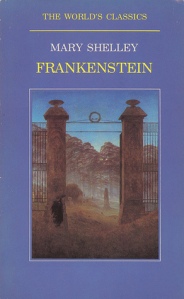 Hollywood would have us believe that Frankenstein is a gigantic, grotesque, murderous monster when, in fact, Victor Frankenstein is a scientist—a scientist who sees that there is more to man than the mere sum of his body parts. With this in mind Victor Frankenstein sets out to create a life, “to unfold to the world the deepest mysteries of creation.” It is only after he successfully animates a creature that Victor Frankenstein stops to consider whether or not he should have taken it upon himself to do so. Mortified and ashamed by his actions, he rejects his creation, abandoning it immediately.
Hollywood would have us believe that Frankenstein is a gigantic, grotesque, murderous monster when, in fact, Victor Frankenstein is a scientist—a scientist who sees that there is more to man than the mere sum of his body parts. With this in mind Victor Frankenstein sets out to create a life, “to unfold to the world the deepest mysteries of creation.” It is only after he successfully animates a creature that Victor Frankenstein stops to consider whether or not he should have taken it upon himself to do so. Mortified and ashamed by his actions, he rejects his creation, abandoning it immediately.
While some may say this story is about the dangers of humanity trying to act or be like God in its attempts to create life I suggest otherwise. This book explores a vast territory regarding the nature of relationship between creator and creation, as well as themes of community. Here is an excerpt from an exchange between Victor Frankenstein and his creature:
‘Abhorred monster! fiend that thou art! the tortures of hell are too mild a vengeance for thy crimes. Wretched devil! you reproach me with your creation; come on, then, that I may extinguish the spark which I so negligently bestowed.’
My rage was without bounds; I sprang on him, impelled by all the feelings which can arm one being against the existence of another.
He easily alluded me, and said–
‘Be calm! I entreat you to hear me, before you give vent to your hatred on my devoted head. Have I not suffered enough that you seek to increase my misery?… I am thy creature, and I will be even mild and docile to my natural lord and king, if thou wilt also perform thy part, that which thou owest me. Oh, Frankenstein, be not equitable to every other, and trample upon me alone, to whom thy justice, and even thy clemency and affection, is most due. Remember, that I am thy creature; I ought to be thy Adam; but I am rather the fallen angel, whom thou drivest from joy for no misdeed. Every where I see bliss, from which I alone am irrevocably excluded….’
‘Be gone! I will not hear you. There can be no community between you and me; we are enemies. Begone, or let us try our strength in a fight, in which one must fall.’
‘How can I move thee? Will no entreaties cause thee to turn a favourable eye upon thy creature, who implores thy goodness and compassion? Believe me Frankenstein: I was benevolent; my soul glowed with love and humanity; but am I not alone, miserably alone? You, my creator, abhor me; what hope can I gather from your fellow-creatures, who owe me nothing? they spurn and hate me…’¹
Victor Frankenstein’s creature begs to belong, he longs for community with his creator, but finds only rejection and disdain. Not even his request for a companion is granted:
‘You must create a female for me, with whom I can live in the interchange of those sympathies necessary for my being. This you alone can do; and I demand it of you as a right of which you must not refuse to concede.’ …
‘I do refuse it,’ I replied; ‘and no torture shall ever extort a consent from me…. Begone! I have answered you; you may torture me, but I will never consent.’
‘You are in the wrong,’ replied the fiend; ‘and, instead of threatening, I am content to reason with you…’²
It’s significant to note that it’s only after being completely cast away that the creature adopts the ‘monstrosity’ labelled on him.
For Victor Frankenstein’s creature, there is no creator regarding him, taking pleasure in the sight of him, no one saying “Now this, this is very good.” There is no creator calling to him, “Come walk with me!’ There is no one saying “I know you! Before you were made, my eyes saw your unformed body.” For Victor Frankenstein’s creature, there is name-calling, yet he remains unnamed to the end. There is no recognition, no decree that “It is not good for man to be alone.”³
In reading Mary Shelley’s Frankenstein I feel the misery of this creature who has been rejected, sent away, condemned to alone-ness. I am filled with awe and wonder and respect and devotion toward my own Creator—the One who calls us His masterpieces. I wonder at the human condition, all our attempts to be like God—the times when we fail at it, the times when we succeed. When I read this story, I hear a caution—not of the dangers of bringing to life a new creation, but the dangers of rejecting that creation, that which I have made.
So for me, in a round about way, Victor Frankenstein succeeds in “unfolding the deepest mysteries of creation.” But it’s only just a beginning ofcourse.
Happy Halloween!
Want to know How Not to be Surprised When You’re a Ghost? Enjoy!
¹Mary Shelley, Frankenstein, edited by M.K. Joseph (Oxford: Oxford University Press, 1980), 99-100.
²Ibid., 144-145.
³See Genesis 1-3, but especially 1:31, 3:8; Psalm 139:13-16; Genesis 2:18; and Ephesians 2:10 in the Bible for a comparative creation account (as discussed above).
***
© Kelly Dycavinu and Popcorn with a Spoon, 2011-2015. Unauthorized use and/or duplication of this material without express and written permission from this blog’s author and/or owner is strictly prohibited. Excerpts and links may be used, provided that full and clear credit is given to Kelly Dycavinu and Popcorn with a Spoon with appropriate and specific direction to the original content.

